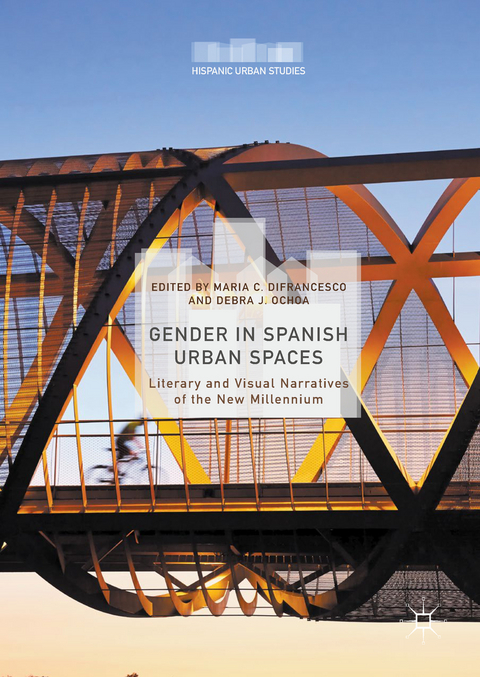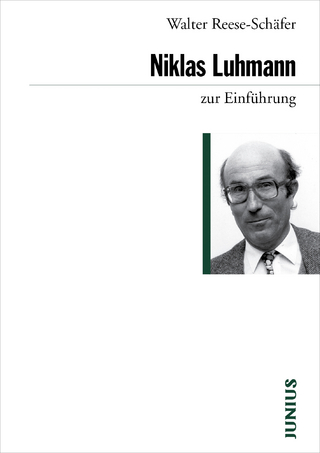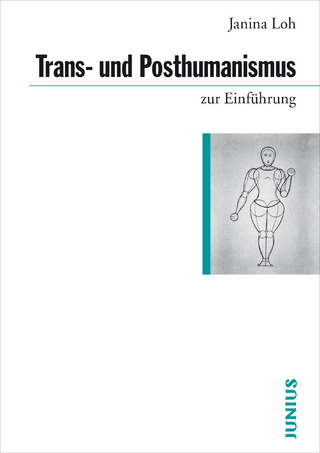
Gender in Spanish Urban Spaces
Springer International Publishing (Verlag)
978-3-319-47324-6 (ISBN)
Maria C. DiFrancesco is Associate Professor of Spanish and Chair of Modern Languages & Literatures at Ithaca College, USA. She specializes in contemporary Spanish literature and film and has authored many articles and a book, Feminine Agency and Transgression in Post-Franco Spain. She is Vice President of the Northeast Modern Languages Association. Debra J. Ochoa is Associate Professor of Spanish at Trinity University, USA. She specializes in contemporary Spanish literature and film and has published articles on Pedro Almodóvar, Carmen Martín Gaite, María Teresa León, among other Spanish writers and film directors.
1. Introduction.- 2. Bodies, Spaces, and Transitions in Alberto Rodríguez's Grupo 7 (2012) and La isla mínima (2014).- 3. The Spaces of Patriarchy in Rafael Chirbes's En la orilla (2013).- 4. Marking Territory: Violence and Hypermasculinity in Ramon Térmens and Carles Torras's Joves (2004).- 5. Home and Sexuality: Queering the Notions of Parenting and Space in Cachorro (2004).- 6. Broken Sexualities: Claiming the Right to the City in Maite Carranza's El fruto del baobab (2013).- 7. On the Affective Politics of Cosmopolitanism: African Migration, Lavapiés, and the Domestic Realm in Lucía Etxebarría's Cosmofobia (2007).- 8. Defining Mother's Place in Barcelona: Women in Biutiful (2010).- 9. Re-Creating Space in Cristina Cerezales Laforet's El pozo del cielo (2013).- 10. From Place to Space: Creating a Utopia in Juan José Millás's Dos mujeres de Praga (2002).- 11. Precarious Life in the High Rise: Neoliberal Urban Interiors in Rec (2007) and Mientras duermes (2011).- 12. Searching in the City of Lost Memories: Post-March 11th Trauma as Gendered Alienation in Javier Rebollo's La mujer sin piano (2009).- 13. The Female Façade and the Façade of the Female in the Miniseries El tiempo entre costuras (2013).- 14. The City Unmapped: A Feminist Imagination of Urban Spaces in Javier Pérez Andújar's Paseos con mi madre (2011).
| Erscheinungsdatum | 28.01.2018 |
|---|---|
| Reihe/Serie | Hispanic Urban Studies |
| Vorwort | Daphne Spain |
| Zusatzinfo | XIX, 402 p. 26 illus. in color. |
| Verlagsort | Cham |
| Sprache | englisch |
| Maße | 148 x 210 mm |
| Themenwelt | Sozialwissenschaften ► Soziologie |
| Schlagworte | Barcelona • City • Civic • Cultural Studies • European cinema • European Culture • European Literature • Feminism • Films, cinema • Fraser, Benjamin • gay • Gender • Harvey, David • Lefebvre, Henri • Literature, Cultural and Media Studies • Literature: history and criticism • Madrid • millenial • private space • Public Space • seville • Sociology • Spanish culture • Spatial Theory • Urban communities • Urban space • urban studies • Urban Studies/Sociology • Valencia |
| ISBN-10 | 3-319-47324-7 / 3319473247 |
| ISBN-13 | 978-3-319-47324-6 / 9783319473246 |
| Zustand | Neuware |
| Haben Sie eine Frage zum Produkt? |
aus dem Bereich


